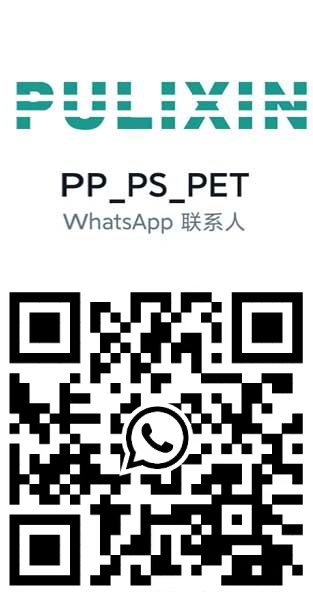What are the plastic sheets used for pre-cooked food trays?
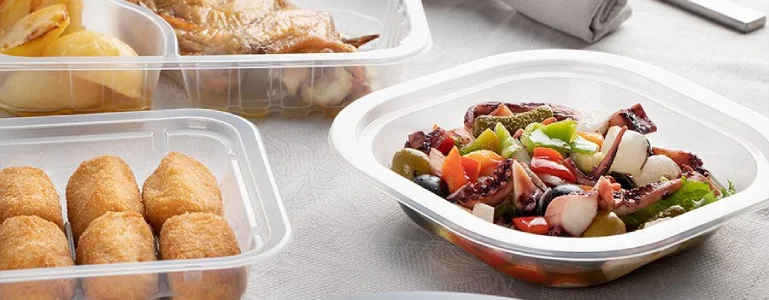
Pre-cooked food has very high requirements for packaging materials. It must not only ensure food safety, but also extend the shelf life and maintain the freshness and taste of the food. At present, the commonly used pre-cooked food plastic tray materials on the market mainly include PP plastic sheet, PP/EVOH/PE plastic sheet and RPET/EVOH/PP plastic sheet. Let’s compare the advantages and disadvantages of these materials in detail.
PP plastic sheet
Advantages:
Low cost: PP is a common plastic material with a relatively low price.
Good heat resistance: It can withstand high temperature sterilization.
Easy to process: It can be processed into trays of various shapes by thermoforming, injection molding, etc.
Disadvantages:
Poor barrier properties: The barrier properties to substances such as oxygen, water vapor, and grease are poor, which can easily lead to oxidation and deterioration of food.
Short shelf life: Due to poor barrier properties, the shelf life of food packaged with PP plastic sheets is relatively short.
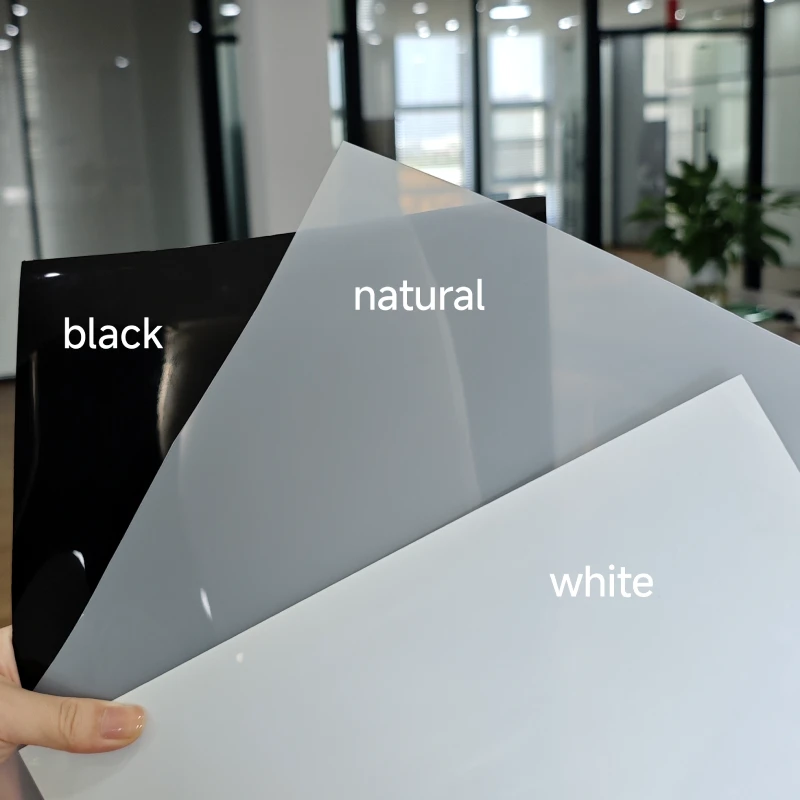
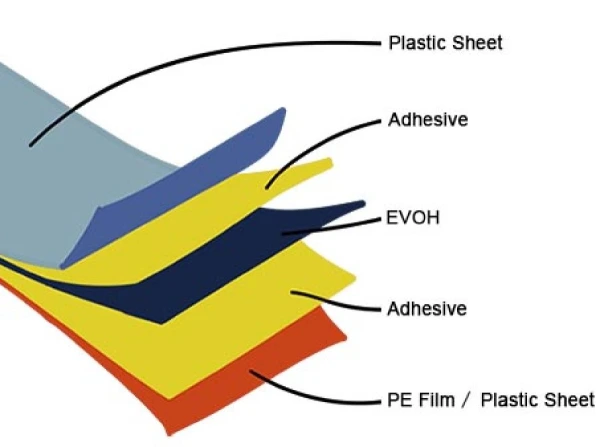
PP/EVOH/PE plastic sheet
Advantages:
Excellent barrier properties: The EVOH layer has extremely strong polarity and has extremely strong barrier properties to polar molecules such as water vapor and oxygen, which can effectively extend the shelf life of food.
High temperature resistance: The PP layer and the PE layer have good heat resistance and can withstand high temperature sterilization.
Recyclable: Both PP and PE are recyclable materials and meet environmental protection requirements.
Disadvantages:
Higher cost: Compared with PP plastic sheet, the cost is higher.
EVOH layer is susceptible to chemical corrosion: The EVOH layer is sensitive to certain chemicals and needs to be avoided.
RPET/EVOH/PP plastic sheet
Advantages:
Good environmental protection: RPET is recycled PET, and the use of recycled plastics can reduce pollution to the environment.
Excellent barrier properties: The EVOH layer provides excellent barrier properties.
Good transparency: RPET has good transparency and can show the appearance of the product.
Disadvantages:
Higher cost: The cost of RPET is slightly higher than that of virgin PET.
Quality stability of recycled materials: The quality of recycled materials may vary and needs to be strictly controlled.
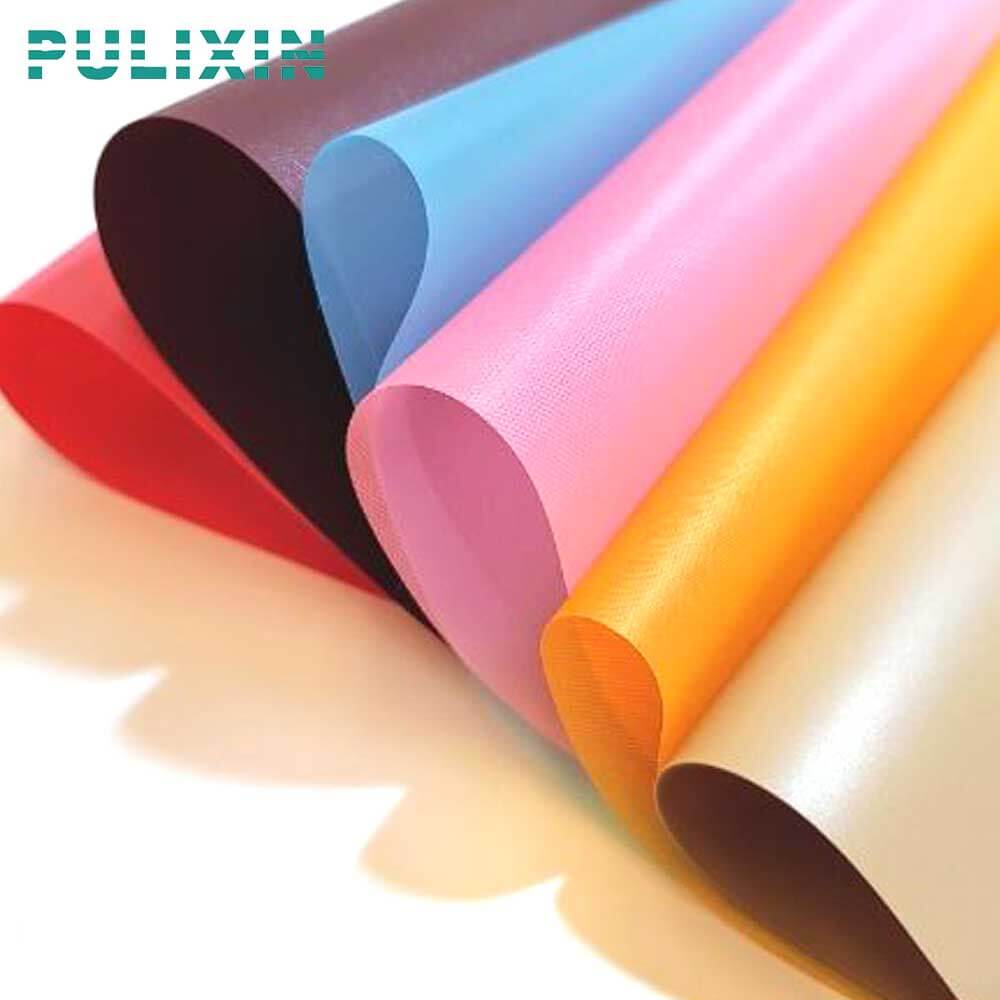
Summary and selection suggestions
| Material | Advantages | Disadvantages | Applicable scenarios |
| PP | Low cost, good heat resistance, easy processing | Poor barrier properties, short shelf life | Foods with low shelf life requirements |
| PP/EVOH/PE | Excellent barrier properties, high temperature resistance, recyclable | High cost, EVOH layer is easily corroded by chemicals | Pre-prepared foods with high shelf life requirements and high food safety requirements |
| RPET/EVOH/PP | Environmentally friendly, excellent barrier properties, good transparency | High cost, quality stability of recycled materials | High-end pre-prepared foods, companies that focus on brand image and environmental protection |
Selection suggestions:
For pre-prepared foods with low shelf life requirements and cost sensitivity: PP plastic sheets can be selected.
For pre-prepared foods with high shelf life requirements and high food safety requirements: PP/EVOH/PE plastic sheets can be selected.
For pre-prepared foods that focus on environmental protection and pursue high quality: RPET/EVOH/PP plastic sheets can be selected.
Other factors affecting the selection:
Food type: Different types of food have different requirements for packaging materials.
Shelf life requirements: It is necessary to select appropriate materials according to the shelf life requirements of the food.
Cost budget: Select appropriate materials according to the cost budget of the enterprise.
Environmental protection requirements: If the enterprise pays attention to environmental protection, RPET materials can be given priority.
Relative News
- Review of the first day of the 2025 Chinaplas exh…
- Application and unique advantages of light blocki…
- PULIXIN sincerely invites you to visit 2025Chinap…
- Today’s shipment – 20 tons of anti-fr…
- Customer Case: Successful Application of Anti-fre…
- How does the impact resistance of HIPS plastic sh…
- How to choose the appropriate HIPS sheet thicknes…
- Application Cases of PS Plastic Sheets in Thermof…
- Today’s shipment: Antistatic PP plastic she…
- Application Case of Antistatic PP Plastic Sheet &…
